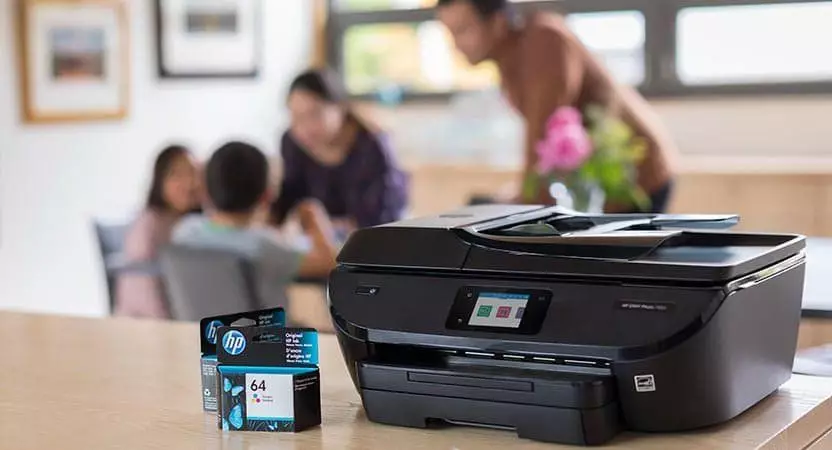In a world where consumer choice should reign supreme, HP’s recent actions concerning printer compatibility with non-HP ink have sparked outrage among users and have ignited a major class-action lawsuit. This legal battle highlights essential questions surrounding corporate responsibility, consumer rights, and the ethics of digital restrictions. The root cause appears to be HP’s implementation of a ‘dynamic security’ system that effectively locks out third-party ink cartridges by altering printer functionality through firmware updates—news that would undoubtedly frustrate any tech-savvy consumer who values autonomy over arbitrary restrictions.
HP’s decision, executed in November 2020, to push out a firmware update that limited non-HP ink use raises critical questions about transparency and the legitimacy of their practices. The lawsuit alleges that HP’s tactics are not only annoying but also an infringement on consumer rights, describing these updates as akin to malware—software that operates without user consent and can negatively impact device performance. This characterization has resonated with many who feel trapped in a cycle of corporate manipulation, forced to buy expensive supplies or risk having their devices rendered inoperative.
The Fallout from the Firmware Update
The fallout from these firmware changes has been substantial. According to reports, many users who purchased printers under the impression that they could use generic cartridges suddenly found their choices restricted after HP unilaterally pushed updates to their devices. This kind of corporate maneuvering reeks of bad faith, undermining the trust that consumers place in tech manufacturers.
As a result of the lawsuit, HP did agree to a settlement, albeit without admitting to any wrongdoing. While it may seem like a victory for consumers, the terms of the settlement are far from satisfactory. The class representatives, who affected real efforts on behalf of the aggrieved consumers, will receive a paltry $5,000 each. The settlement’s impact also does little to remedy the broader issue at hand: the continued exclusion of third-party products for many HP users, especially those who own models introduced after 2016.
In a marketplace rife with competition, limiting product compatibility threatens the very foundation of free market principles and forces consumers into a corner—either go broke buying overpriced cartridges or forfeit their devices.
Navigating HP’s Complex Updates
For those who own “class printers” that were highlighted in the lawsuit, there remains a glimmer of hope. They can opt out of dynamic security updates that restrict cartridge compatibility, thus allowing the use of third-party ink. However, this process is not guaranteed to be seamless. HP has created a convoluted web of requirements, leading many consumers to feel as if they are navigating a bureaucratic labyrinth instead of enjoying the straightforward user experience one would expect from a reputable brand.
Moreover, consumers seeking to reclaim their independence from HP’s ink monopoly must stay vigilant and informed. Each printer model comes with different stipulations for opting out, and failure to follow the correct procedures can result in losing the ability to utilize alternative inks. This not only detracts from the user experience but also places an undue burden on customers who may not have the technical expertise to handle such complexities.
The Broader Implications for Consumers
The implications of this lawsuit stretch beyond HP and its products. They serve as a grim reminder of the power imbalance between large corporations and everyday consumers. As technology companies increasingly incorporate digital restrictions into their devices, it’s critical for consumers to advocate for their rights and demand transparency and ethical practices.
The potential for widespread backlash against HP’s approach may very well lead to a larger movement toward ensuring electronic devices are more user-friendly and consumer-centric. As this lawsuit indicates, consumers will no longer merely accept the “Terms and Conditions” rolled out by corporations—they are becoming more informed and resistant to unjust practices.
Navigating the world of printers, ink cartridges, and corporate responsibility has become increasingly complex. It’s time for consumers to reclaim their rights and challenge any company that attempts to limit their choices. With growing awareness and advocacy, perhaps we can dismantle the monopolistic practices that envelop industries and restore a balance that favors the consumer.


Leave a Reply